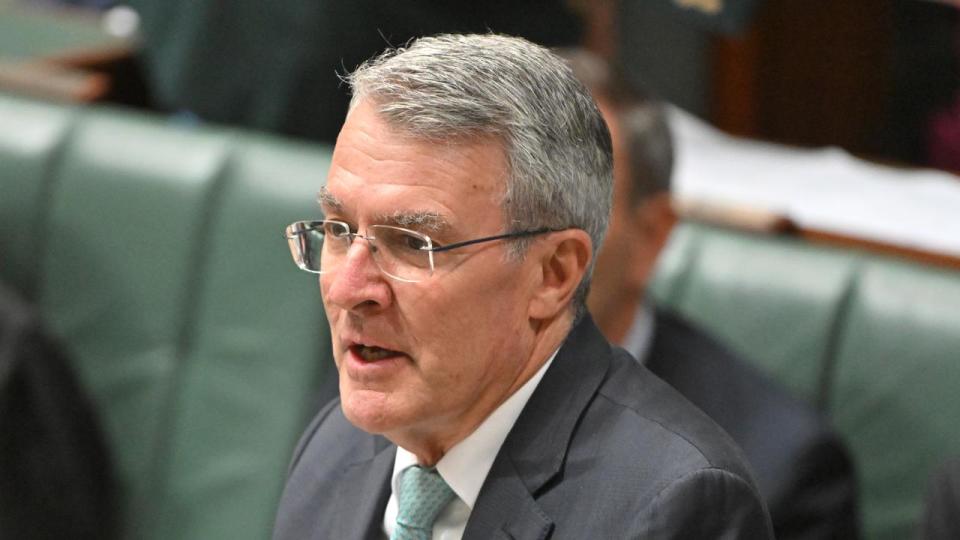National gun register to be established by 2028
Australia's national firearms register is set to be up and running in 2028, allowing law enforcement to access information about guns owned in all states and territories.
Some $160 million in funding, announced ahead of the May federal budget, will be spread across four years.
The money will be used to establish the register as well as support reforms to firearm management systems.
The prime minister and state and territory leaders agreed to implement a national register following a national cabinet meeting in December 2023 to bolster community and police safety.
The push for a national register was reinvigorated by the Wieambilla police shootings a year earlier, when police constables Matthew Arnold and Rachel McCrow and neighbour Alan Dare were shot and killed at a rural property.
It's hoped the register will help reduce the risk of gun violence by providing police with near real-time information on firearms and owners, linking data across law enforcement and government authorities.
"It will help keep all Australians, especially police officers, safe from gun violence," Attorney-General Mark Dreyfus told reporters in Brisbane on Saturday.
"It is going to improve the level of near real-time information so that when officers are standing at the top of the driveway wondering what they are going to face when they go down that driveway to a house that they don't know, they are going to be much better informed in the future."

Mr Dreyfus described the register as the most significant advancement in Australia's gun safety regime since the 1996 National Firearms Agreement, which was introduced after the Port Arthur massacre.
Almost $100 million will be spent on upgrades to systems operated by states, $30 million will be spent on building the national register and a similar amount put aside for upgrades.
Mr Dreyfus acknowledged it would not pick up illegally owned guns and that it was a "lot of money" but said it would help states with paper-based systems move to digital data collection.


